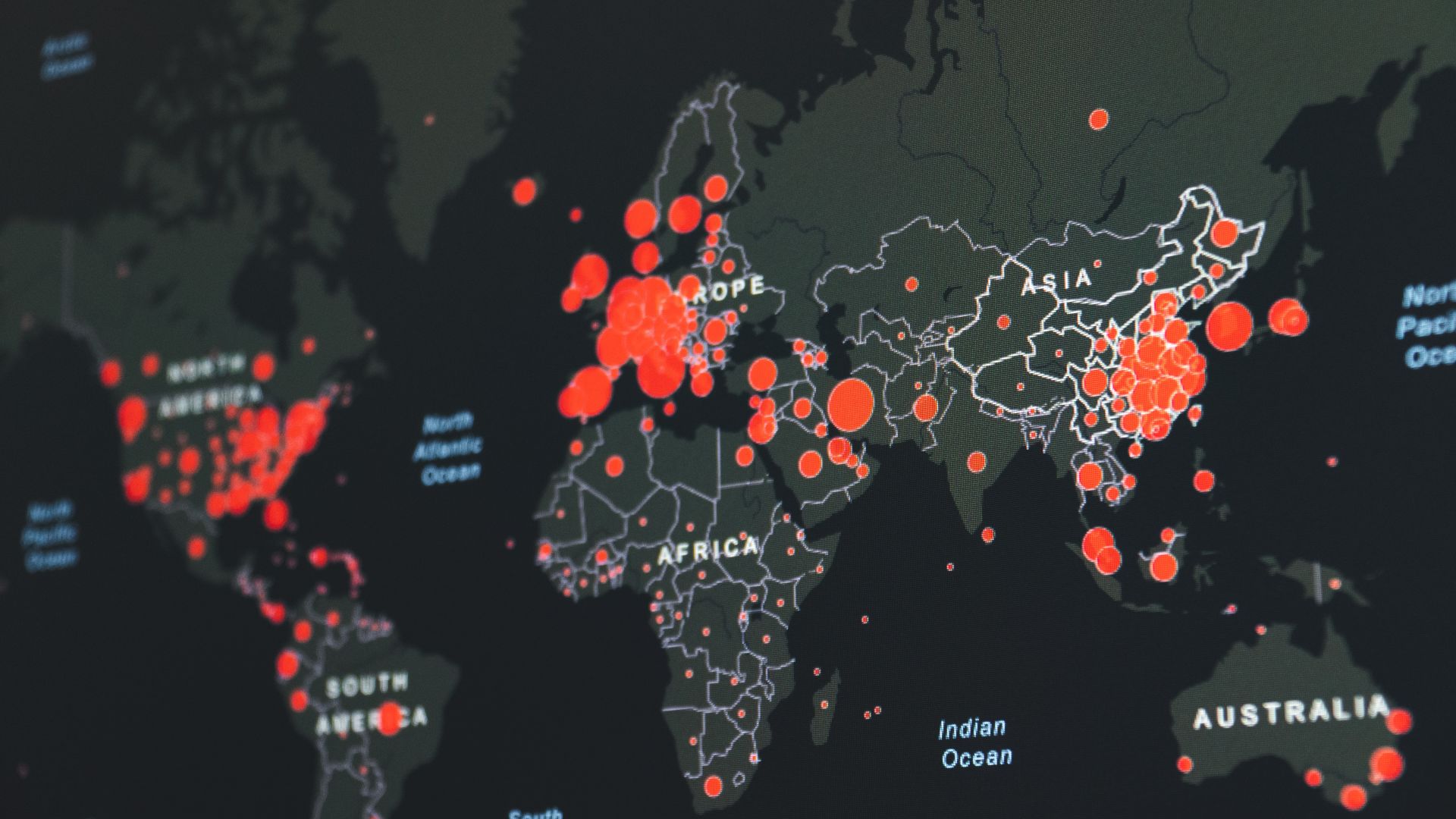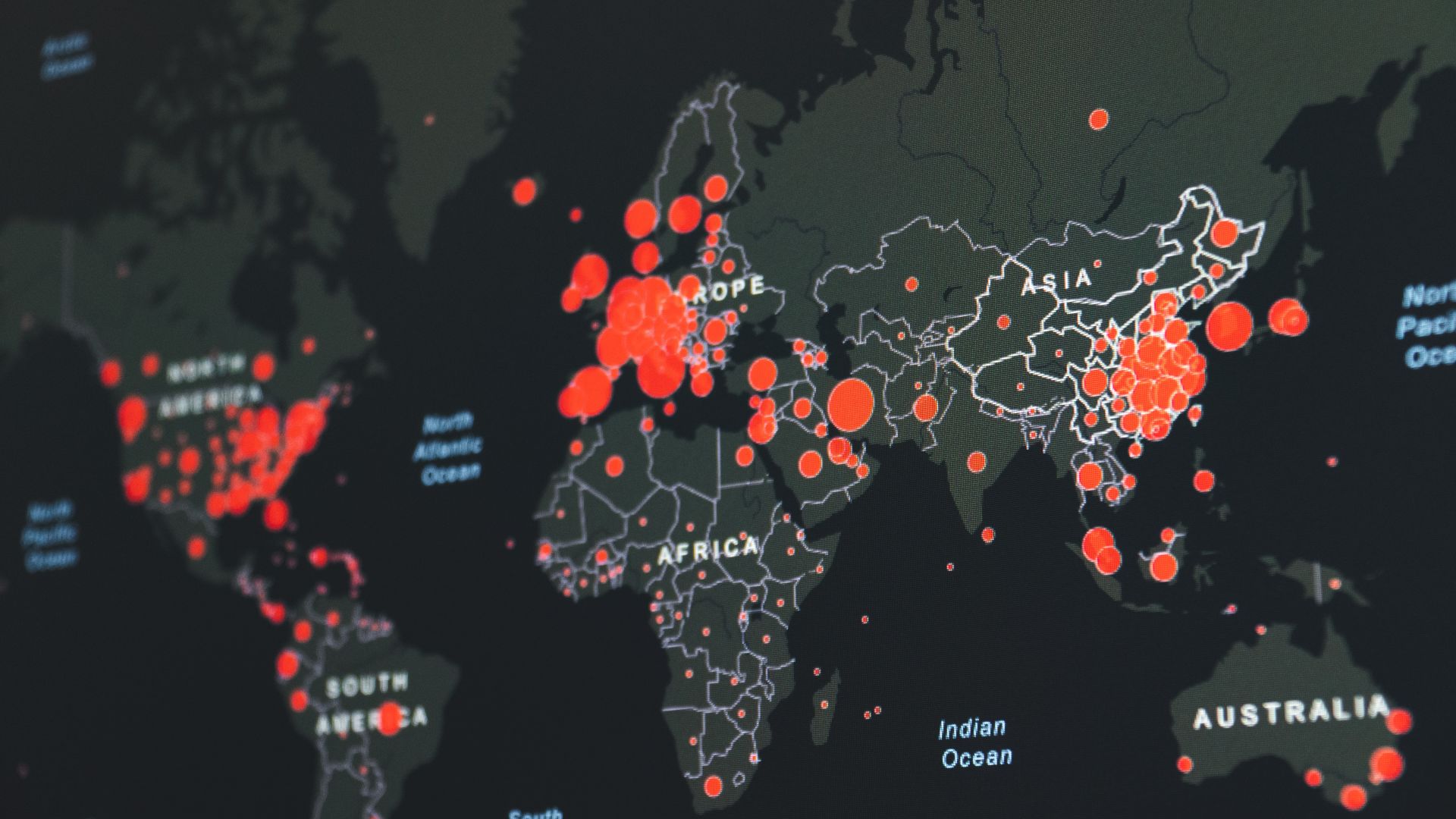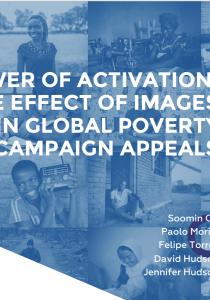
In December 2021, the Development Engagement Lab co-hosted a webinar with the United Nations Foundation, sharing new results of a survey examining support for foreign aid in America, on both a national and state-level.
A key motivation for this research was to assess public attitudes to foreign aid in the immediate aftermath of the “America-first” policies of the Trump Administration and in the receding shadow of the Covid-19 pandemic. Have Americans become more inward looking? Is support for aid under threat, or is it robust? A second motivation was to provide insight at the state level, by taking a deep dive into attitudes in the U.S. 50 states and across demographic groups.
The Resilience of American Leadership
Support for American leadership has not been shaken by the tumultuous Trump presidency or the Covid-19 pandemic. In fact, there remains an overwhelming consensus amongst Americans in all 50 states that American leadership remains key to securing America’s national and economic interests. This view is shared by 8 in 10 Americans across all geographies.
However, the survey has also revealed surprising differences in results across age, economic and racial/ethnic groups. Younger audiences (18-35) said American leadership is ‘somewhat important’, whereas elder generations (55+) said American leadership is very important. Moreover, America’s middle class hold the view that American leadership is very important to secure America’s economic and national interests.
The DEL survey also revealed that 67% Americans support foreign aid as a means to ensure global stability. As shown in Figure 2 below, support is highest on the coasts, with 75% of Floridians and 77% of Californians saying it is important that foreign aid promotes global stability. Importantly, support his high across all 50 states: even in the two states with the lowest support (Alaska and Wyoming), more than 6 in 10 say it is important. There is no evidence of a retreat from a belief in America’s role as a leader in promoting global stability through foreign aid.
Attitudes toward Foreign Aid Spending
A majority of Americans (53%) support maintaining or increasing the current foreign aid budget. However, the data show just over a third (34%) want to cut the aid budget, with 13% saying they Don’t know. These findings confirm a trend we have seen in the U.S. with support for foreign aid spending trending between 50 and 60% since 2019.
Looking across age and race/ethnic groups, we see significant differences on support for aid spending. Younger audiences (18-35) are highly supportive of foreign aid as a means to reduce extreme poverty. This view is also held by Black and Hispanic Americans across the 50 states. However, white, older, lower income groups are more likely to want to cut aid spending. The survey also revealed surprisingly high levels of support for foreign aid spending in traditionally Red or Blue States. These results demonstrate that aid doesn’t always reflect the polarized politics we might come to expect on partisan issues. In fact, the above average level of support for foreign aid in key states such as Florida, Georgia, Iowa and Utah challenges the idea of foreign aid being a cleavage issue between ‘Red States’ and ‘Blue States’.
Foreign Aid and Covid-19
A key finding from the data is that linking aid to challenges increases support, Nearly 6 in 10 (59%) said that agree that foreign aid helps fight global diseases and pandemics. We found majority agreement in all 50 states, ranging from 78% in Hawaii and Maryland to 52% in West Virginia. This view was highest among Black Americans and middle and upper-income Americans.
Communicating Foreign Aid in America
The results of the survey have revealed a majority of Americans are broadly supportive of foreign aid and that they have both instrumental (economic, security) and altruistic (need) beliefs in the role of foreign aid. The survey found a core community of foreign aid advocates within younger audiences and racial/ethnic groups.
Insights from this research can help shed light on how we can have a better conversation about foreign aid with the American public. Making the case that foreign aid is an essential component of American foreign policy resonates with large portions of the U.S. public. Emphasizing aid as a key tool in America’s foreign policy helps to connect aid to key policy objectives in citizens minds – particularly among America’s middle class. However, greater efforts need to be made to answer citizens’ concerns and explain how foreign aid budgets protect not only global stability but protect American interests domestically.
The global pandemic offers a valuable opportunity to build these narratives and reassert the role of foreign aid in emphasising American leadership globally. It is important these lessons are learnt if we wish for the American middle class to defend and champion foreign aid in the future.









































































